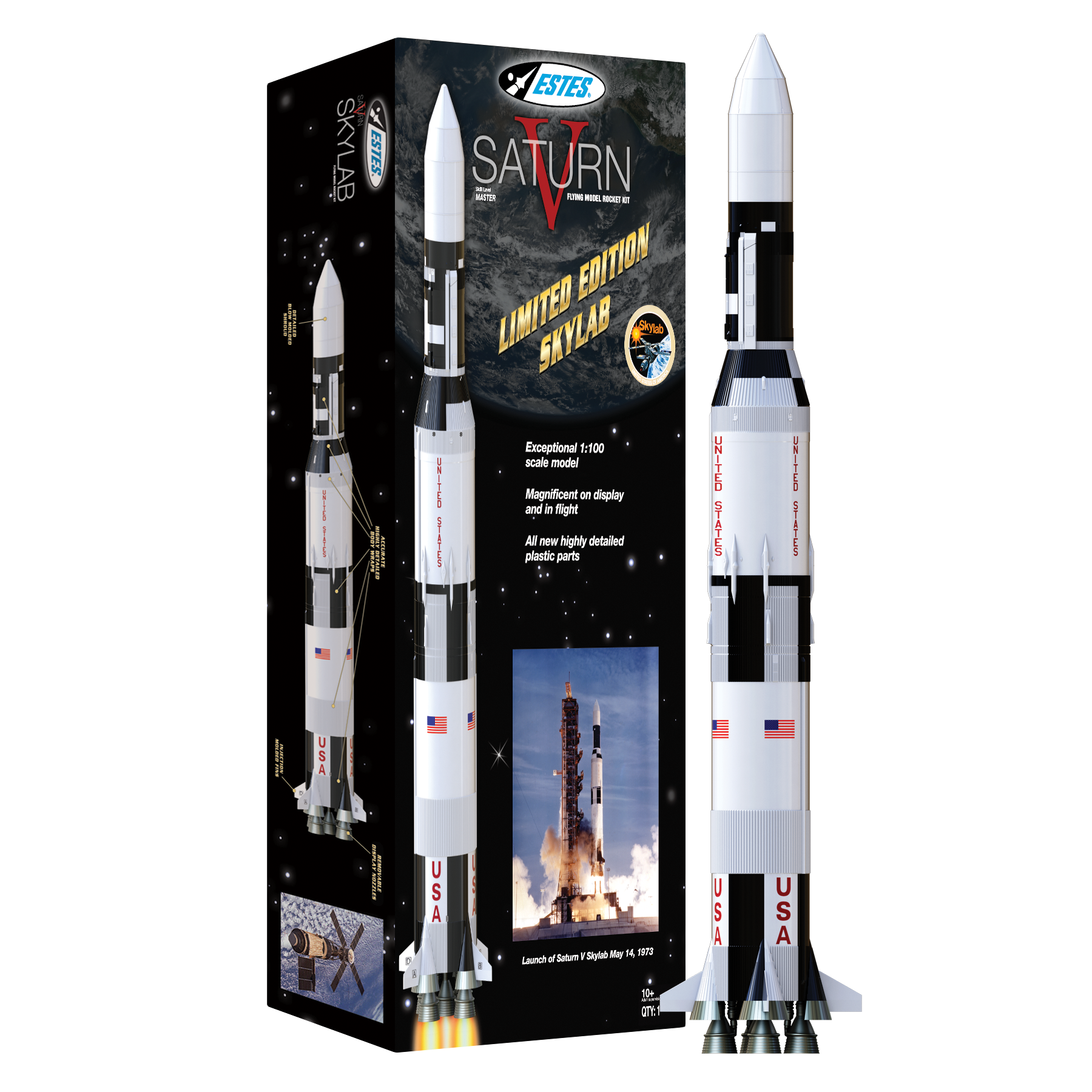Global demand for crude oil peaked in 2019.
Demand within the #1 market for crude oil (U!.....S!......A!) peaked in 2018.
On a global scale, crude has been dramatically and permanently oversupplied since 2015. US fracking had increased supply 30+% and showed clear ability to keep building supplies all the way through a peak demand that back then was assumed to come around 2027. In this environment, the Saudis realized they'd lost their role as "swing producer" and would need more players to keep prices high from here on out. They hunkered down with some hedge fund managers and now the only price rises prior to the pandemic were
manufactured by a combination of OPEC+Russia+Wall Street.
Now we have a "reopening trade" from Wall Street that's driven WTI to $92 at the same time global logistics are a mess. Once those logistics are sorted out and market players start delivering more crude in a rush to take advantage of these prices, the bottom falls out.
US frackers are selling every oil futures contract they possibly can at profitable levels of $70+ and will be flooding the market with these deliveries from here til god knows when. As of now they're producing at about 11.5Mb/d, down from 13.5Mb/d pre-pandemic. What do we think happens when this logistics logjam eases in 3-5 weeks? US production goes back to 13+Mb/d and our imports go negative.
AND the Saudis are boosting OPEC production in February
AND the Russians will likely pump every barrel they can, even beyond their OPEC agreements
AND Iran will make headway on a renewed nuclear deal
Meanwhile.....demand hasn't even recovered to pre-pandemic levels and is unlikely to ever do so.
See all the notes above. TSLA investors need to be mindful that just before (or perhaps during or a bit after) this pandemic we will have crossed the tipping point on peak global oil demand. That's why oil traders, who very well know this, won't be buying 1yr or 2yr out oil contracts at $90 this June. Or perhaps ever again.
We're shifting from fossil-based scarcity to renewables(and storage)-based abundance. That's why we won't see a recession. Energy prices should absolutely collapse a couple months after the pandemic eases in March/April. Commodity prices will come down with it.
We have TONS of job openings with an unwilling workforce. All during a period of free money, record corporate cash, AND easily deployed renewable energy that's far cheaper than what's in place. That's all absurdly stimulative. Our concern should be inflation due to massive excess money supply, but fortunately there will be no scarcity to go with it so it should moderate itself. As we're already seeing.
You need scarcity for inflation and scarcity is literally over.



